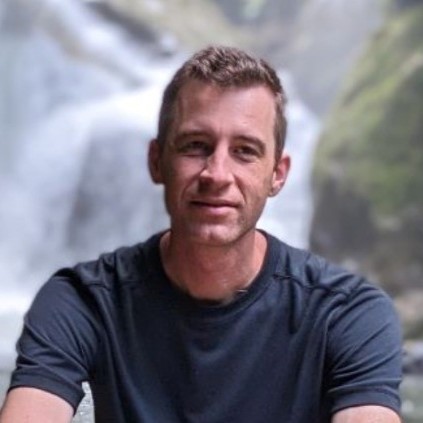Great Fiction to Let Your Mind Travel When Your Body Can’t

Photo by cottonbro from Pexels
In recent months I’ve gone on a novel binge. Following a fiction dry spell—mostly reading books about parenting, science, racial politics and, well, travel—I was convinced by the blog article, Why You Should Read Fiction, to pick up a novel for a change. Thus, an old love was rekindled.
A few months ago, I recommended some of my favorite non-fiction books related to travel. So I thought it would be fun to dredge my memory and share some of my favorite fiction books tangentially related to travel.
Many of the books are not about a journey, per se. Instead, the common thread is that they all ignite the same pleasure center that lights up when I’m out in the world experiencing something novel. It seemed like a fitting offering for the times—like chicken soup for the flu-stricken—as we furtively venture out of our COVID prison only to scurry back in and slam the door when the numbers take yet another upward turn.
I find that historical fiction scratches the itch most reliably. But that probably says something about what motivates me to travel. I am curious about how cultures come to be, and understanding a people’s history can reveal a trove of insights. I also like to imagine myself in others’ shoes. Both travel and fiction satisfy that urge.
Different people, of course, travel for different reasons. Maybe you’re in it for the amazing sights, new friendships, or the food. Or maybe you just really like airport lounges. There is no right or wrong reason to love travel.
With that in mind, I tried to include a variety of genres and settings around the world. My hope is that one of these recommendations will tempt you to pull a book off the library shelf and get sucked into another time and place. It’s what the doctor ordered.
Isabel Allende
Allende is a contemporary Chilean author who writes in a variety of genres including historical fiction, magical realism, and memoir. I’ve read five of her novels as well as her memoir, My Invented Country, and was not disappointed by a single one.
The books I recommend below are my two favorites, both historical fiction. But, in my opinion, you can’t go wrong with any of her books.
Inés del Alma Mia (Ines of My Soul)
Set In Spain, Peru and Chile in the 1500s
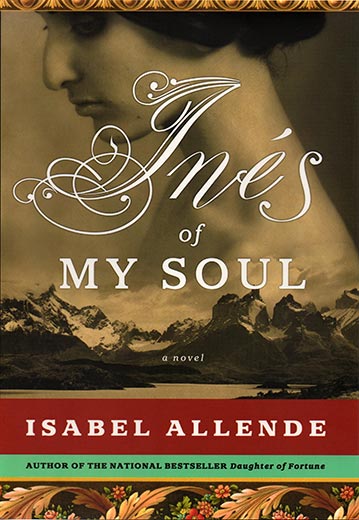
This book tells the story of the conquest of Chile through the perspective of Ines Suarez, the wife of a conquistador and is considered a cofounder of Santiago, the present capital. She journeys to the Americas from her Spanish homeland to find her husband. The characters are true historical figures, and the reader gets immersed in the hardships and historical details of the first Europeans to settle Chile.
Isla Bajo el Mar (Island Beneath the Sea)
Set in Haiti and New Orleans in the late 1700s
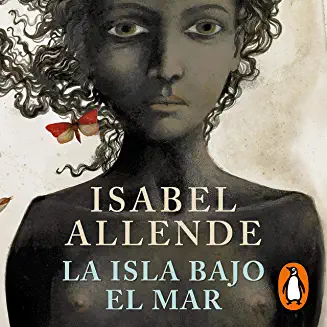
Tété is the female slave of a French plantation owner in Haiti, at the time called Saint-Domingue. Her story intersects with the Haitian revolution. She chooses to flee with her master’s family to New Orleans, despite the the indignities of slavery she endures.
Pearl S. Buck
Any book by Pearl S. Buck is reliably engrossing and there is not a single one of the ten or so that I’ve read that I wouldn’t recommend. She wrote all her books in the mid-twentieth century. Her knowledge of China comes from her upbringing as a missionary kid in that country. But you wouldn’t know it from her writing. Whether farmer peasants or the empress dowager, she writes convincingly from the perspectives of her Chinese characters.
The Good Earth (Trilogy)
Set in China
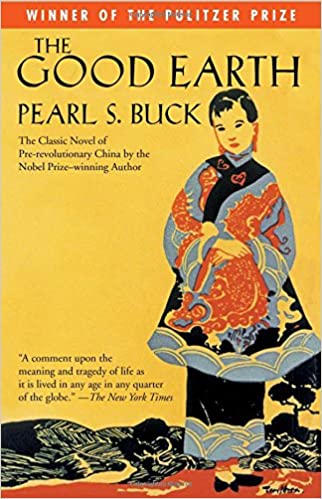
While I would recommend any of Pearl S. Buck’s numerous novels, The Good Earth trilogy is as good a place to start as any. The story picks up with a young peasant family in the early twentieth century. They undergo hard times, including famine and destitution, but wind up rich later in life. The subsequent books follow the lives of their three sons who follow very different paths. Through it all you get to experience through their eyes the drastic changes wrought by war and China’s fitful march toward modernity.
Min Jin Lee
Pachinko
Set in Korea and Japan in the mid-twentieth century.
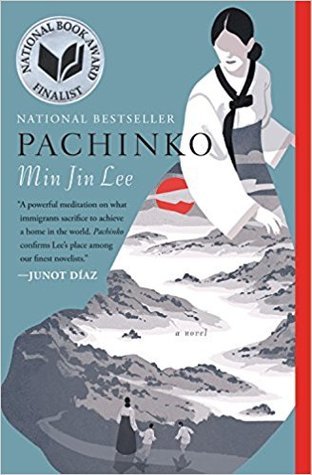
Pachinko follows the life of Sunja, a Korean peasant, around the time of the Japanese occupation of Korea. She migrates to Japan as a young adult, where she bears two sons and lives out the rest of her days. The characters in the story are case studies on the different ways people (specifically Koreans in post-war Japan) try to deal with being seen as outsiders in the country they call home.
In the acknowledgments, Min Jin Lee explains that the story took thirty years and a lot of on the ground research to get it right. That explained a lot. It seemed the author had a super-human omniscience to be able to pull the reader so close to the evolving Korean experience throughout the decades preceding and following World War II.
Tete-Michel Kpomassie
An African in Greenland
Set in Africa, Greenland and Everywhere in Between
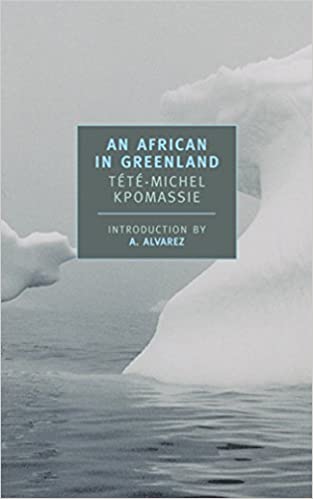
This book is not fiction, it is actually a memoir. But I’ll include it in this list because it’s my blog and I can! Besides, it is no less strange and incredible as anything someone could make up.
The author is from Togo. He gets it in his head that Greenland is the place he most wants to go. So as a teenager he runs away from home and makes his way north, not just to reach his “dream” but to avoid being inducted into a python cult deep in the jungle (you’ll have to read the book). He has no money and can’t just buy a plane ticket. So by necessity, he goes the slow way over land and sea. It takes him eight years to arrive.
When he finally gets there, he describes what he learns about the people living there, and his own extraordinary assimilation into their daily life.
Shūsaku Endō
Silence
Set in Japan in the 1600s

A Portuguese missionary makes the long voyage to Japan to work with the local church and investigate reports that his old mentor has apostatized. Over the course of the novel he finds his conviction to stand by his faith, even unto death, more problematic than he had imagined. The book plunges the reader into the chilling extremes of courage, faith, mercy and suffering in the setting of the Japanese Edo period.
This book is not for the faint of heart. Nor is it for those unwilling to question the strength their own convictions.
Rohinton Mistry
A Fine Balance
Set in India in the 1970s.
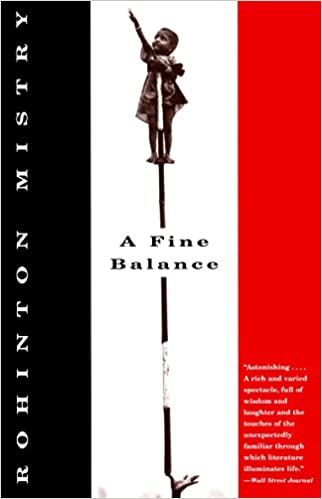
This was one of those books that was impossible to put down. It’s also nearly impossible for me to summarize in a paragraph. But I’ll try anyway.
It is a story about a student and two small village tailors that come to live in the city, renting space in a young-ish widow’s small apartment. Despite the characters coming from vastly different backgrounds, they eventually become something like a family.
The events and tragedies that happen to them paint a bleak landscape of injustice and violence that is almost inconceivable to the Western reader. The book left me depressed about the depths of depravity and suffering in the world, illustrated so graphically by the author. But it will deliver on it’s promise to take you to a place you never imagined.
Ann Patchett
Bel Canto
Set somewhere in South America.
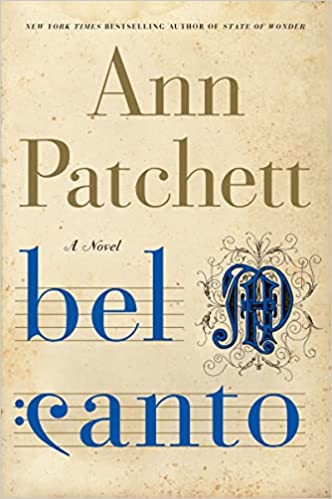
What do you get when you lock a businessman, an opera singer, a priest, a Russian, the Vice President and a gang of Marxist terrorists in a ballroom? You get Bel Canto. A mix of unlikely friendships and romances as a hostage situation devolves into a prolonged standoff awaiting resolution.
Gabriel Garcia-Marquez
Crónica de Una Muerte Anunciada (Chronical of a Death Foretold)
Set in a small village in Colombia
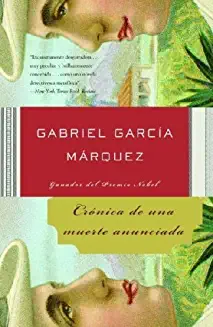
Gabriel Garcia-Marquez is, of course, more known for his masterpiece One Hundred Years of Solitude. However, I found this book, Chronicle of a Death Foretold, to be less dense and difficult to follow. I’ve read it twice in the original Spanish, and both times got so engrossed in the plot that I forgot I was reading in a second language.
It is morbidly funny and a quick read. It gives you a feel for life in a small Colombian village and provides a sort of reflection on the weirdness of human nature.
Paulo Coelho
The Alchemist
Set in Spain, Morocco and Egypt
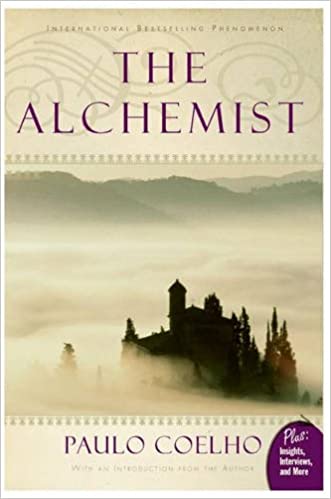
A shepherd boy leaves his home in southern Spain to seek adventure and fortune. He travels through Morocco and eventually makes it to Egypt. It is a feel-good, inspirational kind of book, with a heavy dose of mysticism and fantasy. Anyone afflicted with wanderlust will relate to the shepherd boy’s yearning to leave his flock and step out into the unknown.
Is there a great novel I missed? Let me know in the comments!


